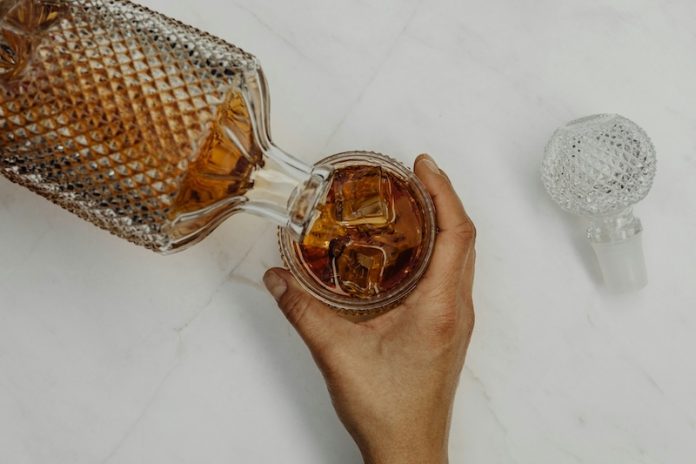
A study from Kaiser Permanente suggests that a brief alcohol intervention (BI) offered in primary care settings may help improve health outcomes for adults with high blood pressure.
These interventions aim to reduce harmful drinking habits, such as binge drinking, or encourage moderate alcohol consumption. While complete abstinence from alcohol is not always required, it can be recommended if needed.
The research focused on adults with high blood pressure and type 2 diabetes (T2D) who were identified as having unhealthy alcohol use.
It included 72,929 adults with high blood pressure and 19,642 adults with T2D, all of whom were part of a healthcare system that implemented regular alcohol screenings, interventions, and referrals for treatment.
The findings showed that for patients with high blood pressure, receiving an alcohol BI led to small but significant improvements in alcohol consumption habits.
After 12 months, these patients reported drinking fewer alcoholic beverages per day and fewer drinks per week compared to those who did not receive the intervention. Specifically, there was an average reduction of 0.06 fewer drinks per drinking day and 0.30 fewer drinks per week.
More importantly, the intervention was linked to improvements in blood pressure. Patients who received BI were more likely to experience a meaningful reduction in diastolic blood pressure—the lower number in a blood pressure reading—after 18 months.
This suggests that addressing alcohol use in primary care could play a role in managing blood pressure for patients with hypertension.
However, the study did not find strong evidence that alcohol BI had a similar effect on patients with type 2 diabetes. The intervention did not lead to notable changes in their drinking habits or health outcomes.
The researchers emphasize that integrating alcohol BI into systematic screening programs in primary care could be a valuable tool for chronic disease prevention and management, particularly for conditions like high blood pressure.
By addressing unhealthy drinking habits early, these interventions may support better long-term health outcomes.
In addition to alcohol interventions, other factors can influence blood pressure. For example, studies have highlighted that consuming black licorice in excess can dangerously raise blood pressure, while certain nutrients from plants may help lower it.
Research has also explored how coffee and olive oil consumption could impact blood pressure, offering additional insights into managing this common health concern.
The study was conducted by Felicia W. Chi and colleagues and published in BMJ Open. For people looking to better manage their blood pressure, reducing harmful alcohol consumption may be a step worth discussing with their healthcare provider.
If you care about blood pressure, please read studies about unhealthy habits that could increase high blood pressure risk, and eating eggs in a healthy diet may reduce risks of diabetes, high blood pressure.
For more information about blood pressure, please see recent studies that early time-restricted eating could help improve blood pressure, and results showing 12 foods that lower blood pressure.
Copyright © 2025 Knowridge Science Report. All rights reserved.



